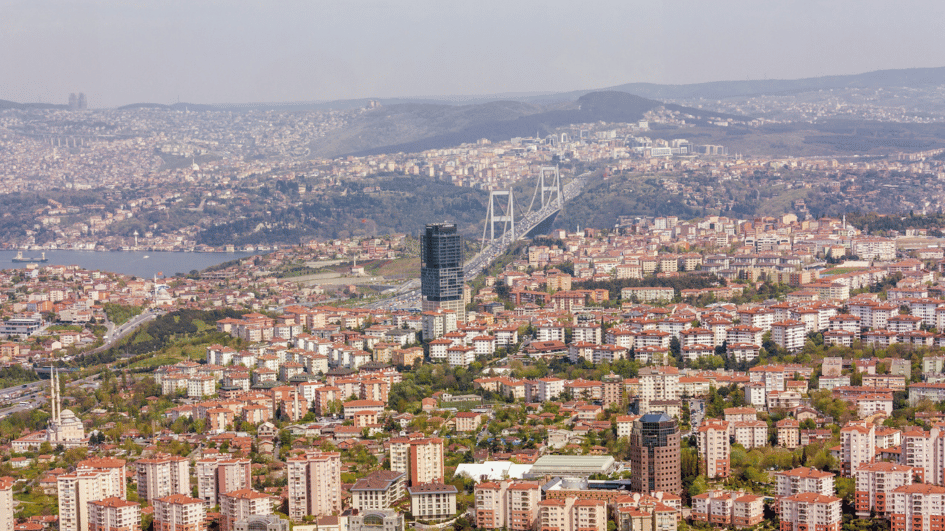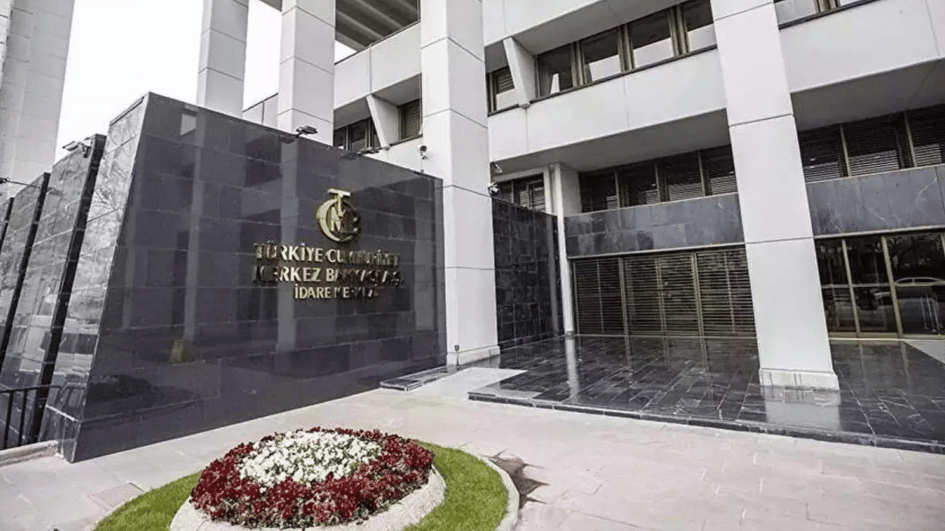Western firms still in Russia weigh pros and cons of leaving
NEW YORK

Should they stay or should they go now? Eighteen months after the start of the war in Ukraine, many Western companies in Russia are still assessing the pros and cons.
According to a count by the Yale University, around a hundred companies from the G7 nations are still operating in Russia, but the numbers appear to be dropping.
"We are continuing to see a trend towards a reduction in the activities of Western companies on Russian territory," Julien Vercueil, an economist specialising in Russia, told AFP.
"The war is creating unfavourable conditions for foreign companies in Russia, whatever they decide to do," Vercueil said. If they quit Russia, especially if they do so in a hurry, these companies "can lose a lot, but it will be once and for all," he said.
According to analysis by The Financial Times, which examined the annual accounts of 600 European multinationals, they lost at least 100 billion euros ($108 billion) in total "following the sale, closure or reduction of their Russian activities."
French carmaker Renault, for example, suffered a loss of 2.2 billion euros as it pulled out of Russia, one of its main markets, in May 2022.
But it is the oil majors that have lost the most. BP, one of the first to fully withdraw from Russia shortly after the fighting began in Ukraine in February 2022, has taken an estimated hit of more than 22 billion euros.
On the other hand, to keep doing business in Russia exposes Western firms to "significant reputational costs", Vercueil said.
Ukrainians are vocal in accusing such companies of "financing the Russian war through the profits they make on Russian territory," he said.
Many Western companies that have stayed in Russia say they are ensuring the livelihoods of their employees, and keeping their businesses from falling into the hands of Russian officials.
Those arguments have not convinced everyone.
"Those companies explain that they stay for humanitarian reasons - that's a cynical lie," said Jeffrey Sonnenfeld, a professor specialising in corporate social responsibility at Yale University.
In his view, not only are these major groups helping to keep the Russian economy going, they are also playing into President Vladimir Putin's hands by reassuring consumers with their presence.
The remainers have been targeted by boycotts in some cases.
Companies continuing to operate in Russia also face the threat of having businesses and their profits seized.
According to one decree, Russia can "temporarily take control of companies" from countries considered "unfriendly", Vladimir Tchikine, a lawyer specialising in corporate law in Russia, told AFP.
In recent months the Danish brewer Carlsberg and French food giant Danone have felt the force of this retaliatory policy.
While the two industrial giants were in the process of selling their Russian activities, the Russian state surprised them by unilaterally taking control of their assets in the country.
















